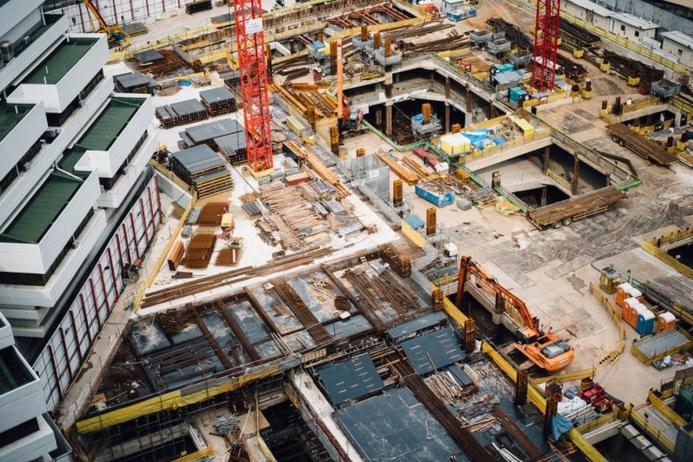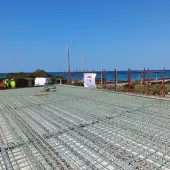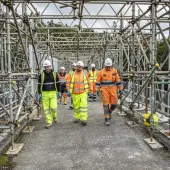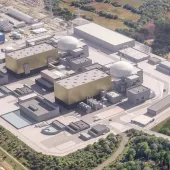UK faces infrastructure funding crisis
A new report from EY has revealed that the UK could face a £700bn shortfall in funding for infrastructure projects by 2040. The report, Mind the (Investment) Gap, identifies £1.6 trillion worth of capital programmes and projects that currently lack funding, driven by rising costs and the extensive investment needed to meet the UK’s long-term goals in areas such as energy transition, defence, and social infrastructure.
EY analysis shows that, based on current fiscal rules and historical spending patterns, the UK is on track to spend £1.8 trillion on capital projects over the next 15 years. However, an additional £1.6 trillion in projects remains unfunded, leaving a significant gap.
According to the report, only half of this gap might be covered by government spending, leaving at least £700bn that will need to be filled by private sector investment. This would require private investment in infrastructure to more than double by 2040, from the £568bn currently projected.
Mats Persson, partner at EY Parthenon, highlighted the scale of the challenge: “Almost every Western country is facing a growing gap between the capital investment needed to meet green, economic, and strategic priorities, and what governments can afford to spend. To close this gap, we need collaboration across the entire value chain – from policymakers to developers and investors – to find new sources of capital and embrace technologies that can lower project costs.”
The report also warned that further risks, such as cost overruns or escalating geopolitical tensions, could increase the funding shortfall to nearly £1 trillion.
EY’s report suggests that improving project design and incorporating new technologies like AI could help close the gap. Sayeh Ghanbari, business consulting leader at EY, said: “The infrastructure sector has been slow to adopt new technologies, even where they are proven to improve productivity. Accelerating the use of AI could help prevent delays or cost increases in critical national projects.”
The report outlines three key measures to address the shortfall: leveraging alternative investment models that have worked in other countries, improving efficiency during the design phase to cut project costs by up to 25%, and deploying AI to reduce costs by 10-15%.
By adopting these strategies, EY estimates that the UK could save £158bn across its infrastructure pipeline by 2040.
The report underscores the urgency for the UK to find new ways to fund vital projects and ensure the completion of key infrastructure, from transport and housing to energy and defence.







